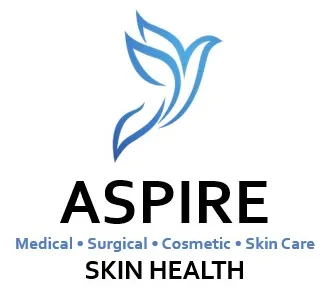Insurance Tips FAQ

Regular visits to your physician can be a key part of both preventative health care and general self care. However, since medical offices offer a wide range of services, it’s important to be aware of what insurance covers. Whether you’re seeking medical, surgical, or cosmetic dermatologic services, here are some key insurance tips to know.
Contact the Medical Office
Before your first appointment, you’ll want to call the office and ask if they take your insurance. Most offices accept a wide range of plans. If they don’t accept your insurance plan, you may want to arrange monthly advance payments before the treatment. Keep in mind that you might have to pay for the copay, coinsurance and/or entire office visit, so come prepared for that cost.
Remember that if your primary care physician referred you to a specialist, he or she will likely recommend someone in-network. However, you need to check with your insurance plan to make sure the office is actually in-network. Moreover, you’ll definitely need to do this research yourself if you’re making an appointment on your own.

Know What Services Your Insurance Company Covers
Once you confirm that the provider accepts your insurance plan, you’ll want to find out which services are covered by your plan. As a rule, most plan will cover services that they deem medically necessary when your deductible is met. While many cosmetic treatments are excluded, most medical and surgical services are covered. This may include:
- Skin Cancer Services: Insurance companies generally cover skin cancer dermatologic services, since these are either medically necessary or pertain to preventative health care. These services may include skin cancer screenings, mole removal, procedures like biopsy, and other skin cancer treatments.
- Acne: Certain treatments for acne such as most topical and oral medications are often covered by insurance. However, laser or light therapy, dermatologic chemical peels, and clinical facials are not typically covered.
- Skin Conditions: If you have a skin condition like psoriasis, eczema, fungal infections, hives, and warts, insurance will likely cover treatment. This is because treatment of these infections is generally necessary for your health.
- Medications: Insurance often covers prescriptions for dermatologic treatments. This is true for topical and oral medications, but you’ll want to check your plan to be sure.
Keep in mind that each plan is different, so the above conditions may not fall under your coverage. You can avoid any surprises by contacting your insurance company and confirming their scope of coverage.

Save Up for Services Not Covered
While insurance companies usually cover any dermatologic service that’s medically necessary, they likely won’t cover elective dermatologic services. You should expect to pay for cosmetic services on your own. These types of treatments include dermal fillers, facials, tattoo removal, stretch mark removal, and wrinkle treatments.
While these services come at a cost, don’t let this deter you from undergoing cosmetic treatments. Elective treatments are an investment in your appearance and confidence. The results are generally more noticeable than at-home or over-the-counter treatments. And you can ultimately save on extra makeup and countless skin care products by investing in your skin as a foundation. Remember that your provider can work with you to pay for your set of treatments.
Here at Aspire Skin Health, we’re proud to accept a wide range of insurance plans. Our knowledgeable team is happy to answer any questions you may have about insurance coverage and payment options. Contact us today to schedule your first appointment at Aspire Skin Health.
